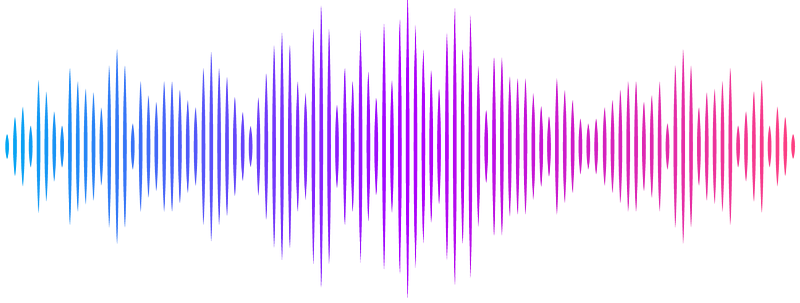Differential action modes of Neutrophil Extracellular Trap-targeted drugs define T cell responses in SARS-CoV-2 infection.

Differential action modes of Neutrophil Extracellular Trap-targeted drugs define T cell responses in SARS-CoV-2 infection.
Bonilha, C. S.; Veras, F. P.; Ramos, A. d. S.; Gomes, G. F.; Lemes, R. M. R.; Arruda, E.; Alves-Filho, J. C.; Cunha, T. M.; Cunha, F. d. Q.
AbstractNeutrophil extracellular traps (NETs) play a dual role in SARS-CoV-2 infection, aiding early immune defense but also contributing to lung damage. While NET targeting may improve clinical outcomes in SARS-CoV-2 infection, its impact on adaptive immunity, crucial for fighting the virus, remains unclear. Our study demonstrates that both recombinant human DNase (rhDNase), degrading NET structure, and GSK484, inhibiting NET formation, reduce lung NET concentration and improve clinical outcomes in infected mice, yet they differ in their influence on T cell responses. We show that rhDNase does not impact T cell responses, whereas GSK484 diminishes virus-specific T cell responses. In vitro, GSK484 decreases dendritic cell antigen presentation by impairing antigen uptake and reduces IL-2 signaling by affecting its production by T cells. In a model of lung inflammation, GSK484 diminishes antigen-specific T cell activation and proliferation, while rhDNase shows a potential to boost T cell responses via the presence of NET fragments that reduce T cell activation threshold. Our findings suggest that NET targeting with rhDNase or GSK484 holds therapeutic potential for treating SARS-CoV-2 infection, while their distinct modes of action shape T cell responses during the infection.


